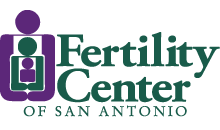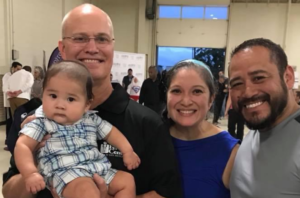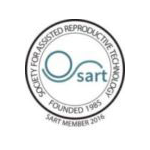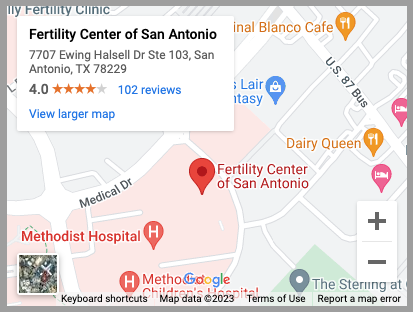SAN ANTONIO – IVF AND DIET
For couples who have faced the hardship of infertility, IVF treatment assists throughout the reproductive process in order to increase the chances of a successful pregnancy. Patients who have gotten to the point of IVF treatment are understandably hopeful for the success of treatment and are eager to learn if there is anything that can be done to increase the chances of a successful treatment. While there is no conclusive evidence of specific measures that can be taken to improve the outcome of in vitro fertilization, studies do suggest that women who are in good health, both mentally and physically, do seem to respond better to treatment and may be more likely to conceive through the IVF procedure. While there are many practices that can help promote emotional and physical well-being, we do stress to our patients at the Fertility Center of San Antonio the importance of IVF and diet.
How Important Is My Diet During IVF Treatment?
In vitro fertilization is a highly scientific procedure that has proven to be successful for an overwhelming number of patients facing infertility. Having said that, diet alone will not make or break the outcome of IVF treatment. Still, it is always ideal when going into IVF treatment to have the body in the best shape possible. This includes taking care of mental and physical health and ensuring that the body is getting proper nutrition leading up to IVF treatment and throughout the multi-step procedure. Studies do show that women who are significantly overweight (typically a BMI above 35) or underweight (typically a BMI under 20) do have lower pregnancy success rates. Still, IVF treatment is not a time to diet or try to gain weight, but rather a time to ensure that the body receives a balanced diet that will provide proper nutrition. If there are any concerns with weight, this should be addressed prior to the start of IVF treatment.
What Should I Eat Throughout Treatment?
The key to maintaining a good diet throughout IVF treatment is balance. Just as is ideal for the health of a patient who is not pregnant, an IVF patient’s diet should be well-rounded and should include the following elements:
- Fruits
- Vegetables
- Whole grains
- Lean proteins
- Omega-3 fatty acids
In addition to ensuring a balanced diet, it may be advised to use a daily multi-vitamin, particularly a prenatal vitamin. These supplements are rich in vitamins and minerals, such as folic acid, that are believed to promote a healthy pregnancy. Before beginning a multi-vitamin or other daily supplement, it is always a good idea to discuss it with one of our fertility doctors to ensure that it will not interfere with treatment.
Request an Appointment
At the Fertility Center of San Antonio, we work with patients to help them discover a fertility treatment that is most likely to help them succeed in their dream of parenthood. We create caring, professional relationships with our patients and have a history of successful fertility treatment. If you have had difficulty conceiving, request an appointment to learn more about our fertility services. We look forward to hearing from you!
